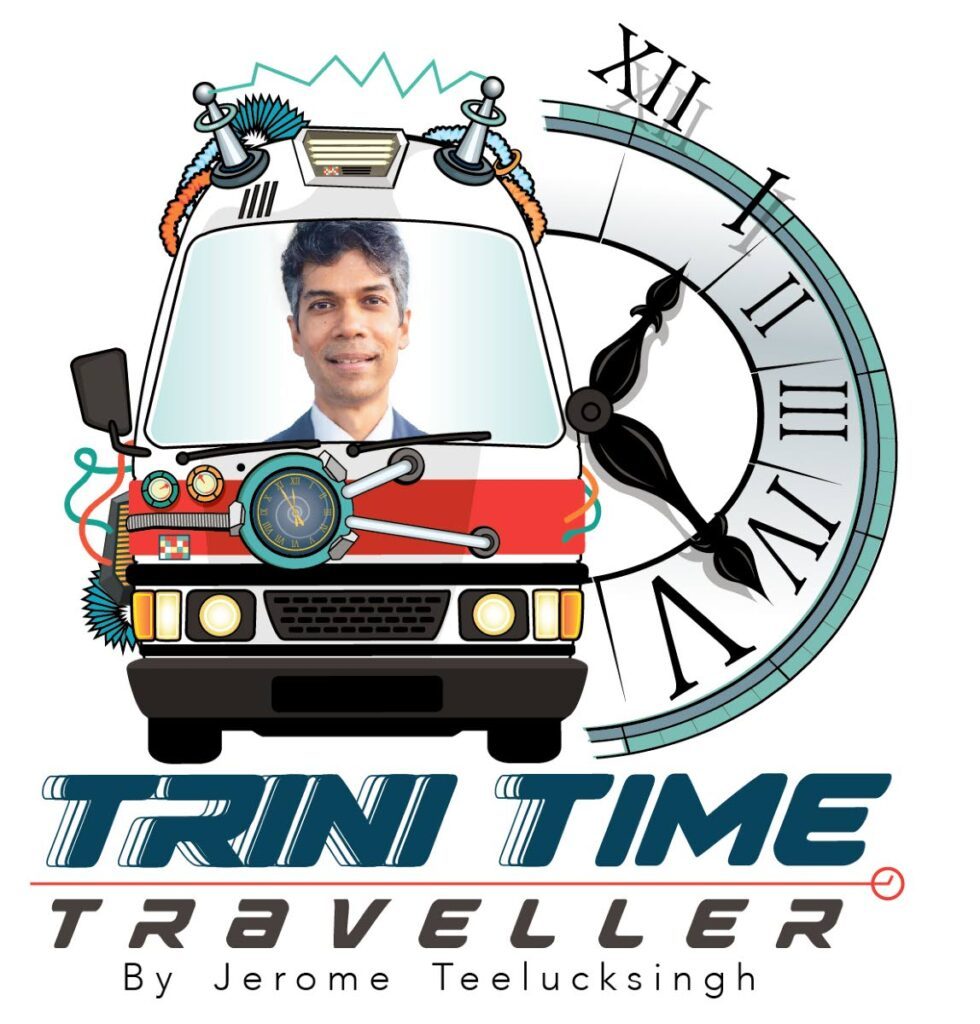A brown minority in the UK

Jerome Teelucksingh
DURING THE past three weeks there has been far-right, anti-immigrant violence in some British cities. The innocent groups targeted by these extremists included Muslims, recent immigrants and asylum-seekers. Among the diverse ethnic minority groups in the UK are Indo-Caribbeans, who have fortunately never faced this xenophobia and racism.
In the 20th and 21st centuries, a significant percentage of British citizens are not familiar with the term "Indo-Caribbean." Many are unaware of this growing minority among the non-white population.
There have been various academic works and case studies focusing on West Indian immigrants, but most tended to focus on the Afro-Caribbean presence in England.
Indo-Caribbean people are of Indian descent and they (or their ancestors) were born in the Caribbean. The first-generation immigrants emanated from Guyana (British Guiana) and TT. And small numbers migrated from other West Indian countries including Jamaica, St Lucia, Martinique and Grenada.
A search for jobs and desire for education were factors which contributed to the gradual increase of the Indo-Caribbean population in the UK.
During the early decades of the 20th century, the labourers employed on the sugar-cane and other estates in the British West Indies made financial sacrifices to ensure their children received a tertiary education at a university in Britain.
In the Caribbean, the thrifty Indian workers sold land, mortgaged homes and borrowed money to allow the next generation to have a chance for a better life away from the deprivations and humiliation of the cruel plantation system.
Steady waves of Indo-Caribbean immigrants arrived in England, via sea and air, during the Caribbean influx into Britain during the post-World War II era. Unfortunately, there is an absence of accurate data on the early arrivals of this ethnic group. In 1981, there were an estimated 22,800-30,400 Indo-Caribbean people living in Britain. This figure is relatively insignificant when compared to the 1982 estimate of 1.2 million Asians living in Britain.
In 2024, there are no accurate statistics of the Indo-Caribbean population resident in the UK. In surveys, questionnaires and official documents identifying ethnic/racial descent, the term "Indo-Caribbean" was not used to identify a group which comprises thousands of people. There is a strong disapproval from the Indo-Caribbean population of being referred to as "Asians," as this term generally denotes people from the Asian continent.
Indo-Caribbean professionals who benefited from a sound British education included doctors, teachers, engineers and nurses. On completing their studies in London, some stayed and inevitably contributed to the "brain drain" of the West Indies. Others, like Samuel Selvon (the novelist), were temporary migrants who either returned to the Caribbean or moved elsewhere.
Some immigrants occasionally visited their former Caribbean homelands, while others suffered from homesickness, particularly during the bleak winter months. Very few Indo-Caribbean men and women, on retirement, have returned to live in the Caribbean.
During the 1950s and 1960s, the Caribbean’s loss of these talented minds was Britain’s gain. They included Guyana-born Arif Ali, who helped preserve Caribbean culture in the UK. Others, like Joan Kangalee, supported volunteer activities and reinforced the view that these migrants have successfully adapted to their host society. In addition to local recognition in various boroughs, some have received knighthoods.
As with other ethnic groups, during the 1990s, there was a culinary appreciation of London’s diversity. Tandoori, Chinese, Japanese and Mediterranean are some of the dishes frequently sampled by Indo-Caribbean families. Though there were no specific Indo-Caribbean restaurants in London, the Indo-Caribbean migrant was easily able to buy roti, curries and Indian delicacies from the few West Indian and Asian restaurants. Condiments such as pepper, chutney and kuchela, usually imported directly from the Caribbean, continue to be on the tables of many Indo-Caribbean homes.
The Indo-Caribbean celebration and observance of religious festivals such as Divali and Eid are usually low-keyed and often confined to their homes, temples and mosques. Their celebrations do not involve elaborate public displays like those organised by the larger Asian communities living in Southall.
During the 1990s, in London, two relatively small Indo-Caribbean groups, the Caribbean Hindu Society and the Indo-Caribbean Cultural Association, helped promote the culture.
Interestingly, those who have intermarried with European or Asian migrants have not completely lost their cultural and social norms. The Indo-Caribbean population has unintentionally remained a minority within a minority group.
In the 21st century, the Indo-Caribbean migrants and their descendants continue to make invaluable contributions to the political, religious, social and economic life of the UK. They remain one of the invisible ethnic groups whose presence is appreciated.

Comments
"A brown minority in the UK"